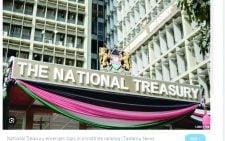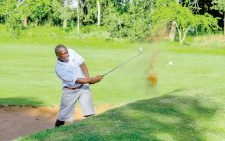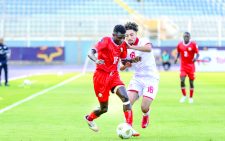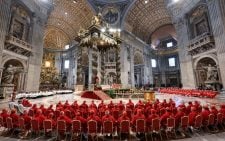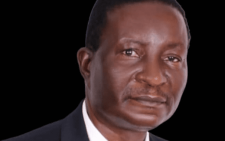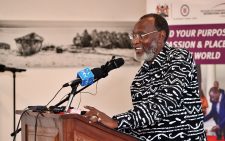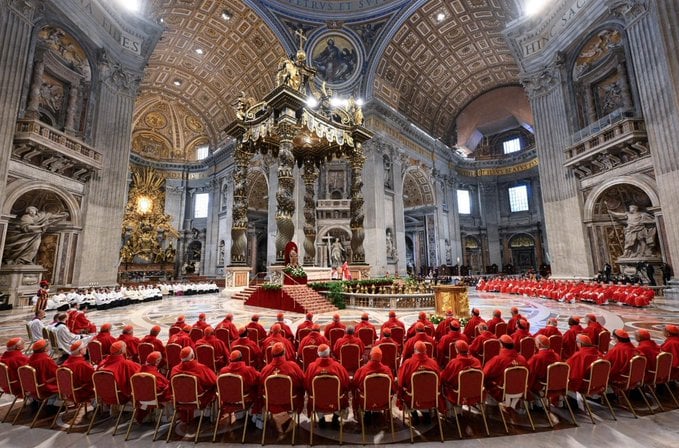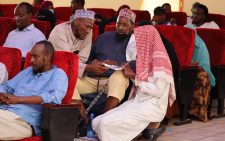At 56, Leopards still have little to celebrate about
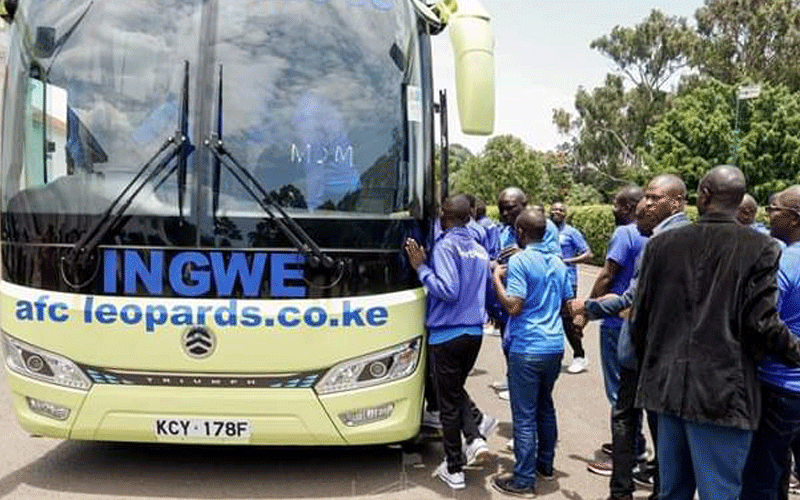
On March 12, 1964, a group of men converged at Nairobi’s Kaloleni Social Hall and by the end of the day, Abaluhya United Football Club (now AFC Leopards) was born.
Leopards was born out of amalgamation of several Nairobi-based clubs with roots from the Luhya community and then began a journey that saw them dominate Kenyan football in the 70s, 80s and early 90s.
Along the way, the club changed names twice, to Abaluhya FC in 1973 and to AFC Leopards in 1980 after former President Daniel arap Moi banned tribal teams.
However, there was nothing to celebrate yesterday as the 12-time Kenyan Premier League champions reel from a number of problems on and off the pitch.
“There will be no celebrations. We are instead focusing on trying to see where we are and where we want to go,” Leopards’ chairman Dan Shikanda told People Sport yesterday.
They are sixth place on the table with 40 points, 14 behind arch-rivals Gor Mahia who beat them 1-0 on Sunday.
For a team that prides itself as the second most successful in Kenya, having produced the likes of Joe Kadenge, Mahmoud Abbas, Joseph (JJ) Masiga, Noah Wanyama, David Asibwa among many others, Leopards’ last title was 22 years ago.
To rub salt on the wound, Gor have won six of the last seven and are on course to claim this season’s crown.
“Our focus is on building a team step by step. We are slightly below the mark. We have to target the 70-point mark if we are to win the league,” added Shikanda.
Most of Leopards’ problems are, however, self-inflicted as in the 56 years since their formation, they struggle to attract sponsorship, leadership wrangles have bedeviled the club, they have no stadium and their recruitment has been poor.
They have been struggling to attract top talent and the few who have come in have left either for non-payment of salaries or to win trophies elsewhere.
They are also the team with the highest turnover of coaches, having hired over 20 in the last 10 years alone.
“Politics has damaged us, we should not run the club as a closed shop but instead make it all-inclusive,” said Steve Ogalle, who served as Leopards Secretary General in the 70s.
He added: “Recruitment has let us down especially that of strikers. A team like Leopards should be going for established strikers with experience not school leavers.”
The silver lining for Leopards’ fans is that their club own the most modern bus in Kenya’s sporting history.
However, of what value will it be if it will not be fully optimised?
Club enthusiast, John Agunda said: “They should use it to make money, for instance hire it out to teams that stop over to play international tournaments.”
According to Shikanda, the slick 51-seater machine will be available for hire to Kenya’s national teams as well as visiting international sides.
“We also intend to use it as a moving billboard for advertisement and see what revenues it can generate,” says Shikanda.
However, sports marketing experts feel the amount generated will be insignificant to stabilise the clubs finances, emphasising the need to find a key sponsor.
“How much money will it generate to ease the club’s financial issues, and are they also accountable?” poses Cynthia Mumbo, a sports marketing expert, adding: “This is a tiny solution to a very big problem.”
Shikanda is, however, optimistic of getting a sponsor, saying: “We are negotiating with four companies, all international but based in Nairobi.”
For Ogalle, Leopards’ approach could be the reason they are struggling to attract funding.
“They need better thinkers, people who understand how sports and corporate world work. No sponsor will put their money where there is no returns,” said Ogalle.
